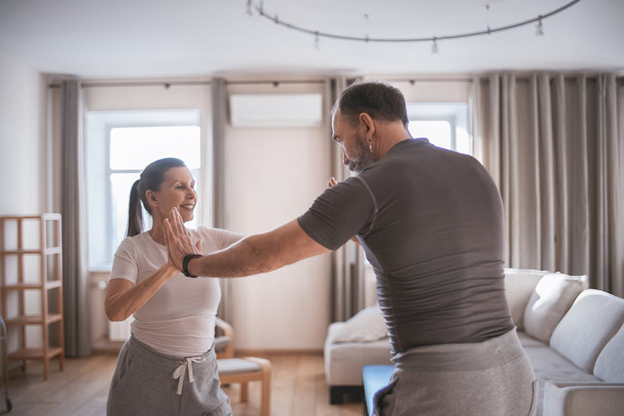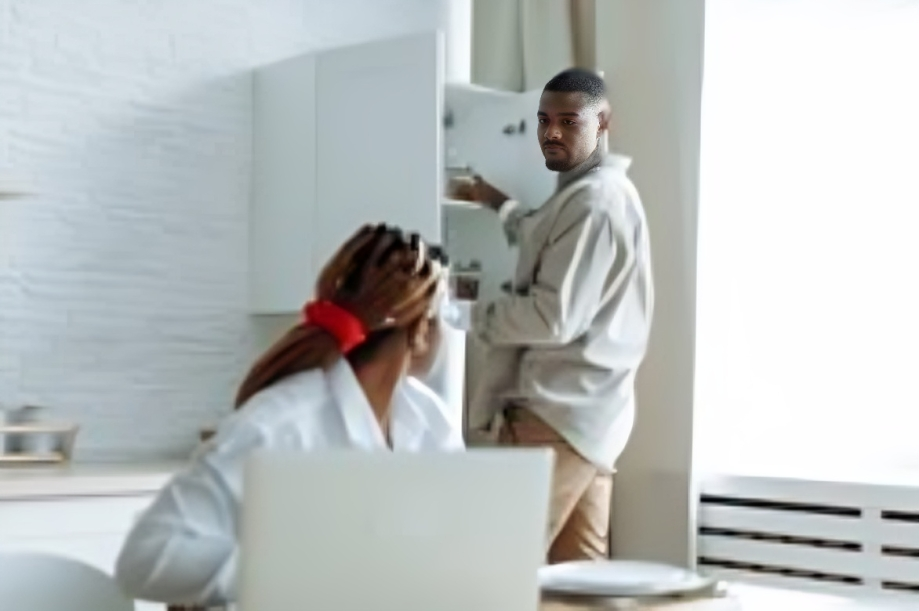Stop Right There: Unhealthy Habits to Kick for a Better Personal Life

Image Courtesy of Pexels
Here’s an excellent guest article by Cheryl Conklin from wellnesscentral.info about tools for self nurture and for avoiding negative thoughts and behaviors. These tools are important for everyday life, and even more critical during the pandemic.
Stop. No, really, stop. Those harmful habits of yours are hurting you! Not sure which ones are damaging? Being negative, hanging out with toxic people, getting no exercise, spreading yourself too thin with poor time management, and comparing yourself to others are all habits you should break. Read on to learn more.
Being Negative
Being negative doesn’t necessarily mean being angry or frustrated — those are normal human emotions. It’s how you handle these emotions and the situations in which you feel them that you can work on. Verywell Mind explains that managing negative emotions comes down to embracing the feeling(s), determining why you feel that way, allowing yourself to understand the message your mind is sending, and releasing the feeling(s) to move forward.
The next time you’re feeling negative, whether you’re upset about something or being down on yourself, stop and take a deep breath. Do something that relaxes you, and avoid dwelling on negative thoughts or blowing things out of proportion.
Why do we keep toxic people around? According to Science of People, it comes down to guilt. It could be a friend you’ve had for years or a friend of a friend. This can make it complicated to eliminate that person from your life. It doesn’t have to mean chewing them out and storming away. Instead, create distance by saying no to invites and answering their calls less.
Identifiers of toxic people include manipulation, constant judgment, self-centeredness, and Issues with anger management. The more identifiers a person has, the quicker you should eject them from your life.
We all know that exercise is good for you, but do you know how much it makes a difference? The benefits of physical activity include:
- Reducing the risk of heart and lung disease, high blood pressure, diabetes, cancer, and dementia
- Helping you lose weight, thereby boosting your self-confidence
- Improving your mood
Mental health benefits include:
- Release of mood-boosting brain chemicals like serotonin
- Release of endorphins
- Stress, anxiety, and depression reduction
Increasing your exercise can start with daily walks or bike rides. As you begin to increase in intensity, use this guide from the Arthritis Foundation to build the right program for you.
You can’t be everywhere at once. It’s a frustrating fact. Spreading yourself thin is unhealthy. One strategy for remedying this issue is to add more structure to your life. Keep a regular routine and set time boundaries — you only go to one (non-obligatory) event per weekend, for example.
Setting boundaries goes hand-in-hand with time management. This is especially important at work. If you’re feeling spread thin, you probably need better time management. When you’re overwhelmed with time-dependent tasks you’re not officially paid for, you should stop and put an accurate price on your time. This can help you see the worth of yourself and your time, giving you the incentive to make changes.
In the age of social media, it’s almost impossible to avoid comparing yourself to others. You may see someone’s post from a local museum and feel bad that you’re “not as cultured.” Compare culture can make you feel lower than low even though you’re awesome. Social Comparison can increase depression, decrease overall wellbeing, and even cause eating disorders due to poor body image.
It’s important to keep everything in perspective. For instance, people almost never post about their failures or insecurities. Their social media is a snapshot of all the positives in their life. To reduce your tendency to compare yourself to others, Tiny Buddha recommends spending less time on social media and redirecting your focus on the things that really matter.
We all have negative tendencies. However, it’s crucial to our mental health to stop these harmful practices. So skip being negative, spending time with toxic people, getting zero exercise, spreading yourself too thin with poor time management, and comparing yourself to others. Instead, create healthier habits that will lead to a healthier life.








